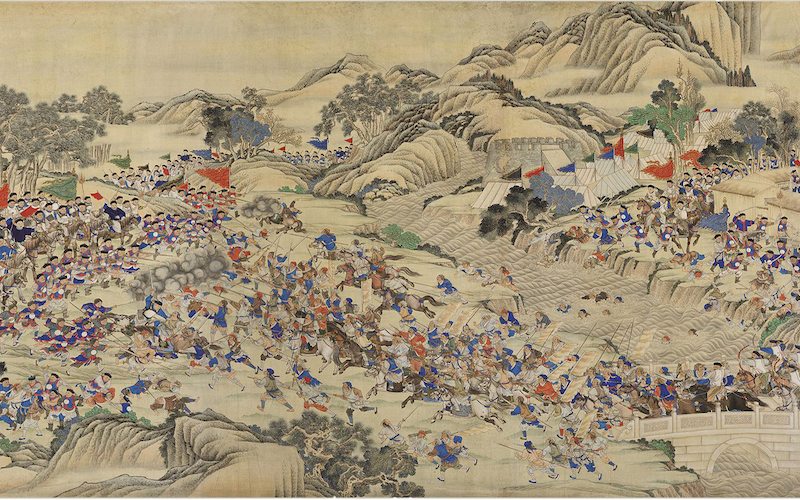Taiping Rebellion
Date: 1850 – 1864
Location: China
Estimated casualties: 20,000,000
Rebellion often changes the course of history, and the Taiping Rebellion is no exception. In 1850 to 1864, there was a radical and religious upheaval in China. The rebellion caused an estimated 20 million deaths and altered the history of the Qing Dynasty.
The Taiping Rebellion began because of one man in particular, Hong Xiuquan. Xiuquan was a civil service examination candidate who had Christian influences. He believed that he was the Son of God and younger brother to Jesus Christ. He thought that he was sent to reform China to help them become Christian. A friend, Feng Yushan, created a new religious group based on this concept called “the God Worshippers’ Society.” Together they led a rebellion, and on January 1, 1851, he proclaimed that his new dynasty was called Taiping Tianguo, which means “Heavenly Kingdom of Great Peace.” He declared himself the Tianwang, or “Heavenly King.”
They emphasized sharing property, and this was extremely appealing to those in the area who were suffering from famine, such as peasants, miners, and other workers. Eventually they amassed over a million followers, both men and women. They captured Nanjing in Eastern China and attempted to capture Beijing, which ultimately failed. Uprisings from within weakened the group, and the rebellion dispersed shortly afterward. Hong killed himself prior to losing Nanjing in 1864 and appointed his 15-year-old son as the next Tianwang. The occasional Taiping resistance appeared periodically until about 1868.
The Taiping Rebellion severely weakened the Qing Dynasty, and they were never really able to regain complete control. Chinese Communists and Chinese Nationals both trace their origins to the Taiping ideals.
Expand your knowledge universe in just 5 minutes a day via bite-sized email courses.
Share with friends:

